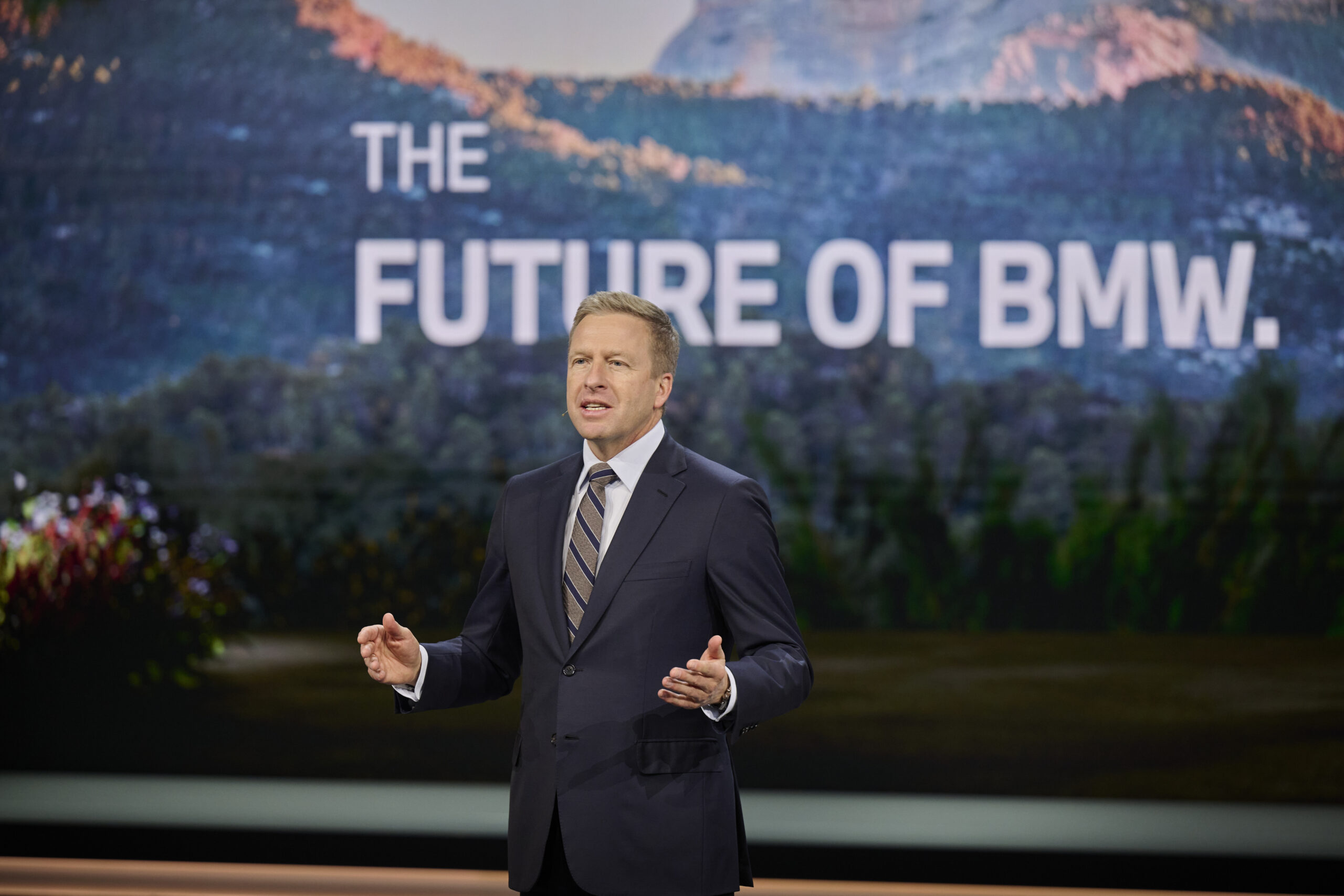
Top models drive profitability at heavily investing BMW

CEO BMW Oliver Zipse: “We outperformed the CO2 limit set for us by the European Union by more than 20 percent” /BMW
At its annual investor conference, BMW Group revealed a robust financial result for the past year and sketched a positive operational outloo


Comments
Ready to join the conversation?
You must be an active subscriber to leave a comment.
Subscribe Today